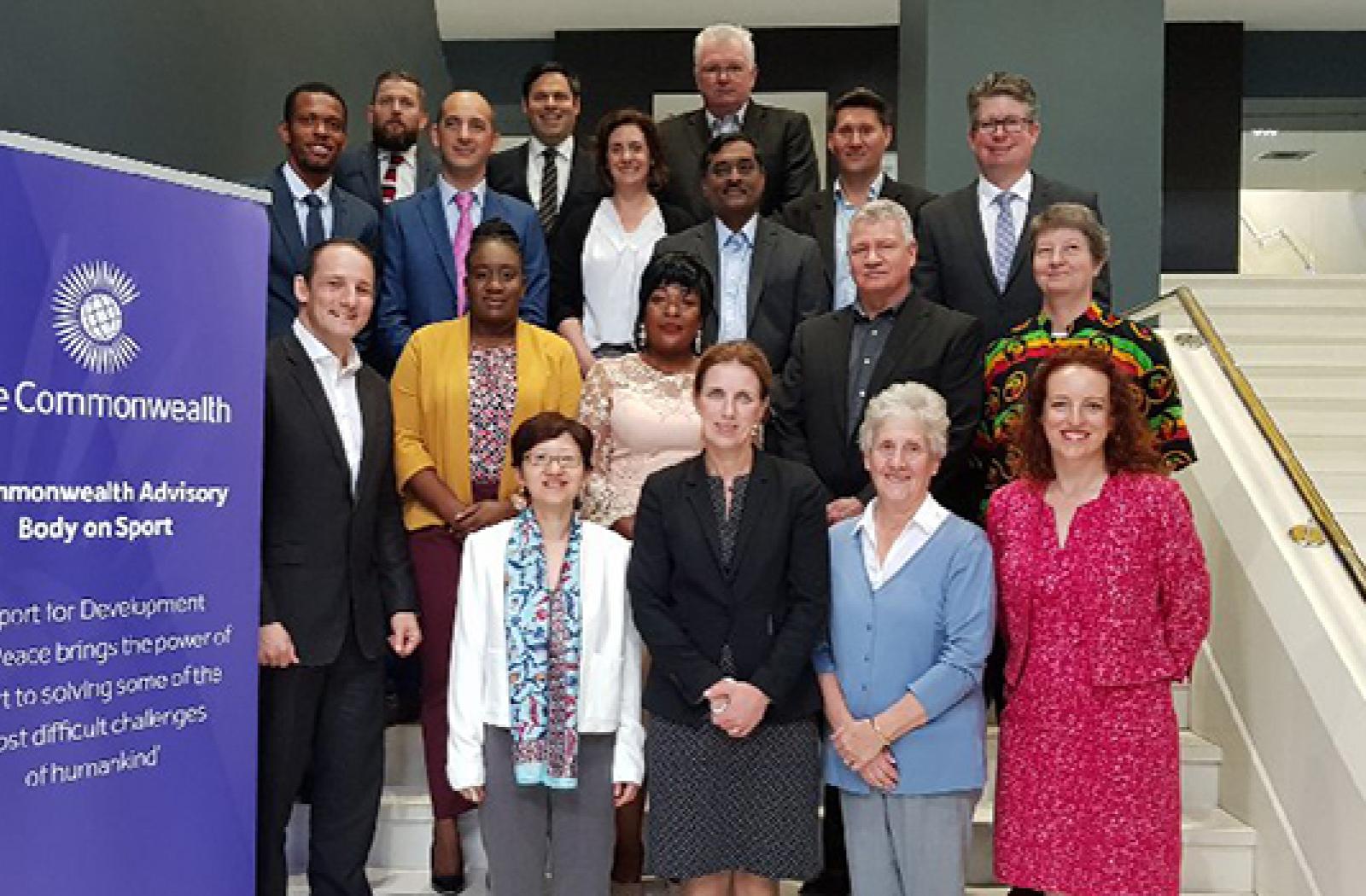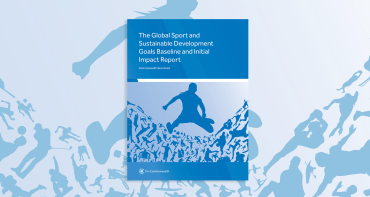Improving government data collection and protecting human rights will help maximise the role that sport can play in sustainable development.

Improving government data collection and protecting human rights will help maximise the role that sport can play in sustainable development.
The conclusion was arrived at by members of the Commonwealth Advisory Body on Sport at its annual meeting in Australia. The gathering, which took place on the Gold Coast, the venue of the 2018 Commonwealth Games, also focused on the link between these issues and the protection of sport integrity across the diversity of the Commonwealth.
The committee, whose findings will inform the next Commonwealth Sports Ministers Meeting in April, highlighted the current variation in the availability of data and indicators across member countries.
In response, they recommended governments strengthen data collection on sport in order to improve the consistency and quality of information. This will support governments in assessing whether current national sport policies help member countries meet Sustainable Development Goals.
The group also agreed to intensify support to assist governments to fulfil their obligation to protect human rights in sport, by collating policy guidance for submission to ministers. This guidance will take a two-track approach, focusing on the largest events, as well as sport in general.
Louise Martin CBE, Chair of the Commonwealth Advisory Body on Sport, said, “This year’s CABOS meeting identified key areas that need to be addressed by member countries to ensure coherence between efforts to maximise the role of sport in advancing sustainable development and the need to protect the integrity of sport and human rights. Many of these issues will now be discussed at the Commonwealth Sports Ministers Meeting in April.
“Sport can play an important role in addressing some of the most challenging global issues. It can transcend borders, cultures and other barriers, to contribute to improved health, attract people to education, support employability outcomes and advance gender equality. A more consistent approach across the Commonwealth to measure these contributions, will enable member countries to gauge their progress and understand the return on investment in sport.”
She added, “We also agreed on the need to intensify our efforts to make rights-based considerations central to sport policy and its implementation. These considerations must cover the places where sport takes place, the people involved and how sport is resourced.”
This year’s annual meeting began with a Commonwealth Sport Policy Stakeholders Roundtable, which was co-convened by the Commonwealth Secretariat and the Commonwealth Games Federation. The meeting saw a range of stakeholders come together ahead of next year’s Commonwealth Sports Ministers Meeting, including CABOS members, leaders from Commonwealth Games Associations and representatives from sport and civil society in the Oceania region.
Roundtable participants recommended the development of formal mechanisms at national level to facilitate joined-up action and accountability across government, sporting organisations, civil society and the private sector on protecting the integrity of sport and human rights in a sporting context.
Ahead of the biennial Commonwealth Sports Ministers Meeting in April, CABOS members also endorsed the theme of the ministerial gathering: ‘Strengthening policy coherence to maximise the benefits of investing in sport.’


